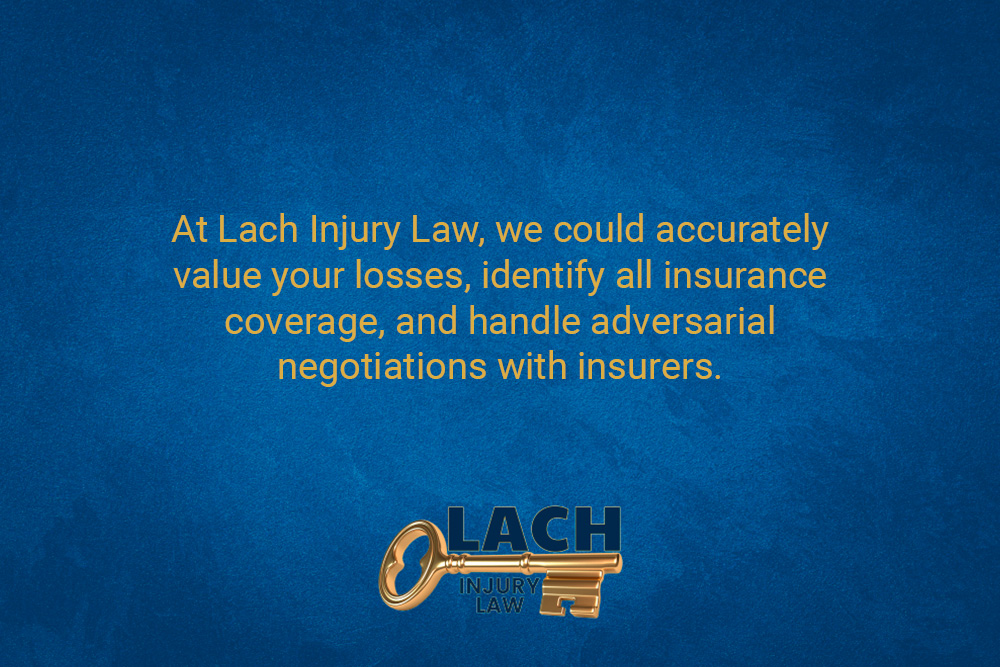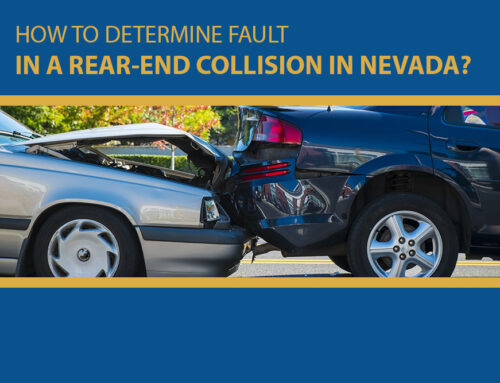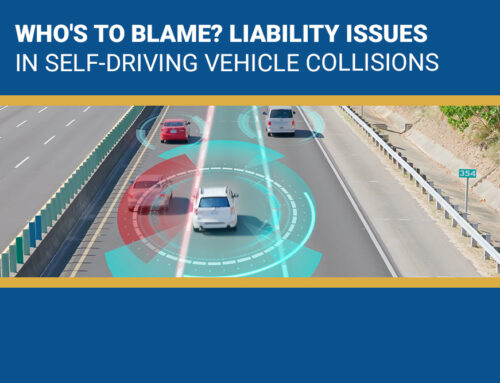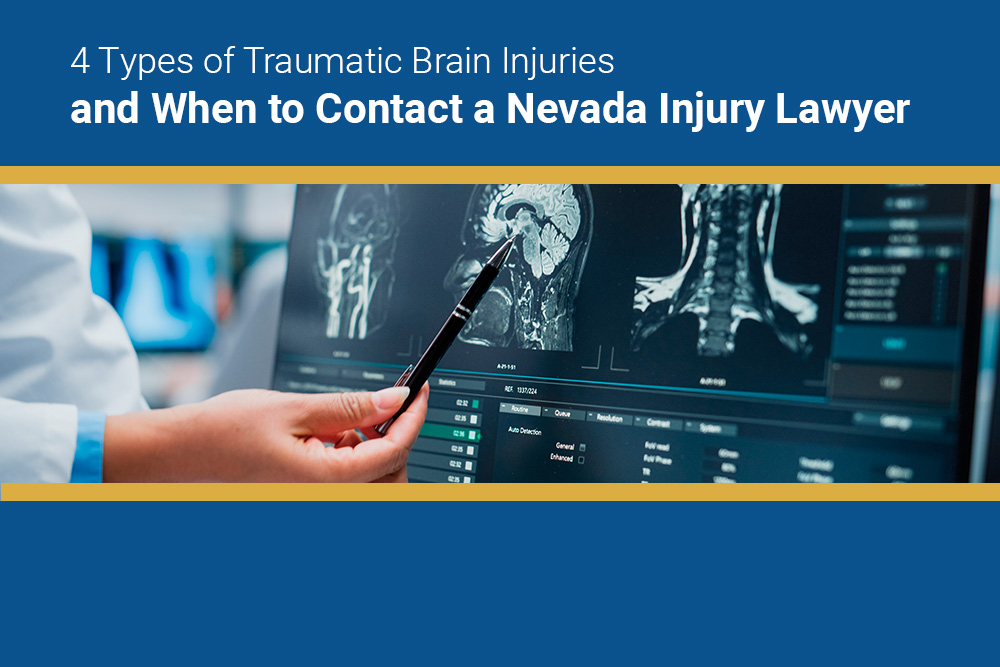
A traumatic brain injury (TBI) always deserves serious attention, and a proper diagnosis and timely treatment could make a big difference in how well you recover. The medical community rates TBIs into four levels based on the measurement of functional losses. As physical and mental losses worsen, the greater the need for a brain injury attorney becomes.
Glasgow Coma Scale
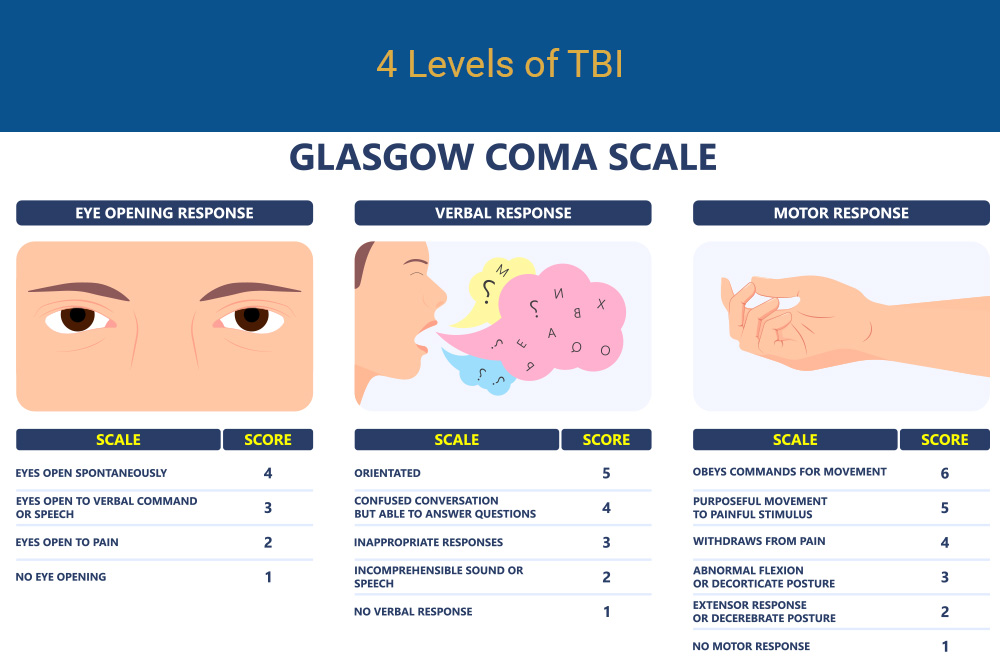
Doctors developed the Glasgow Coma Scale (GCS) to standardize how TBIs are assessed and classified. GCS scores the TBI’s functional results to determine the damage’s extent.
The GCS assigns points to 15 separate functions related to the eyes and verbal and motor responses.
4 Levels of TBI
After an assessment, a person’s GCS score is matched to this rating scale:
- Mild TBI (13 to 15 points)
- Moderate Disability (9 to 12 points)
- Severe Disability (4 to 8 points)
- Persistent Vegetative State (3 points)
Someone with mild TBI may not expect serious or lingering effects that would require ongoing medical care. However, any of the lower GCS scores warrant consultation with a Nevada injury lawyer.
The different clinical forms of TBIs can land on different places on this scale for different patients. Many forms of brain injury can range from mild to severe based on what regions of the brain were hurt and to what extent.
Common Forms of TBI
Concussion
This is a commonplace injury that results from a blow to the head, and damage occurs as the brain absorbs the force and then smacks into the inside of the skull. The consequences can range from brief disorientation and pain to chronic pain, cognitive difficulty, and mood changes.
You have post-concussion syndrome if your concussion symptoms stick around for over a month. Symptoms that don’t resolve in the early days after hurting your head indicate that you should learn more about Nevada personal injury law. You’ll want to know your rights concerning the financial damages you can claim related to your accident.
Contusion
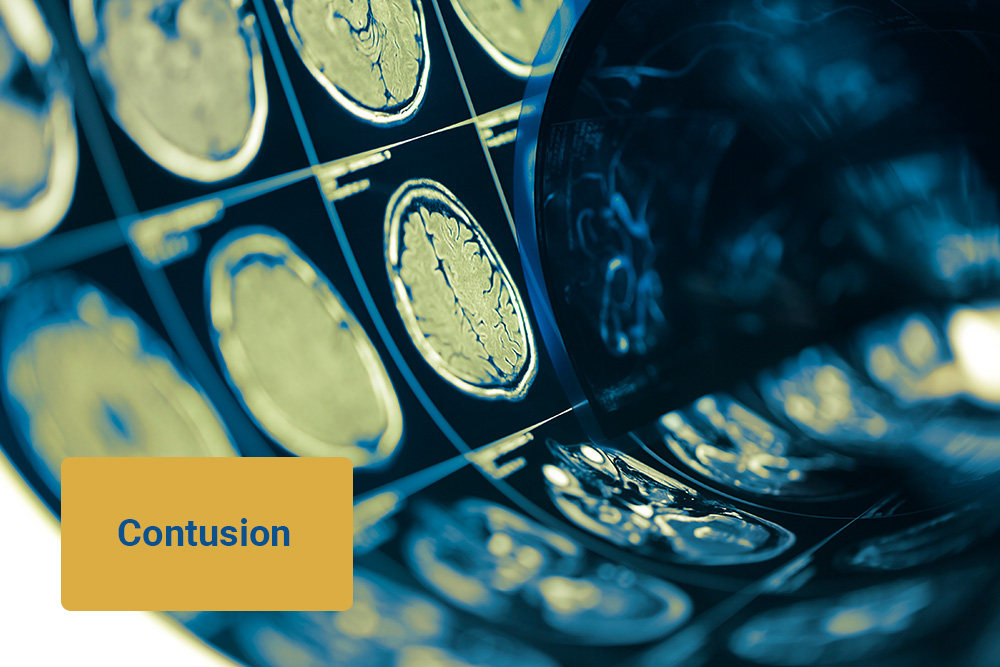
A contusion refers specifically to a bruise on the brain. The size of the bruise and brain regions impacted by the injury influence your symptoms and recovery time.
Coup-Contrecoup
This is the medical term for a double brain injury resulting from the head hitting an object and then the brain bouncing against the opposite side of your skull from the point of contact.
Brain Hemorrhage
Trauma that causes brain tissue to bleed uncontrollably requires medical attention. Surgery is often needed, and the patient will take drugs to control blood pressure and prevent seizures.
Intracranial Hematoma
A hematoma is a condition where blood pools outside blood vessels, and the pressure of the trapped blood hurts nearby brain tissues. A hematoma may take days to develop, and this can increase the chance of brain damage if initial medical scans after an accident do not detect it. The onset of symptoms, like severe headache or vomiting, signals an immediate need for medical care.
Diffuse Axonal Injury (DAI)
Axons are fibers that connect brain tissues. An accident that causes the brain to shake or twist inside the skull tears axons. The damage prevents neurons from communicating successfully, and the loss of function can be significant. Diagnosing this condition can be frustrating due to the microscopic nature of the tears. Injury attorneys in Nevada sometimes help their clients access medical care that can document this condition accurately and prove the damage.
Penetrating Brain Injury
Unlike other brain injuries that may not have much external evidence, a penetrating brain injury has an obvious source of damage, such as a bullet or other object smashing through the skull.
Second Impact Syndrome
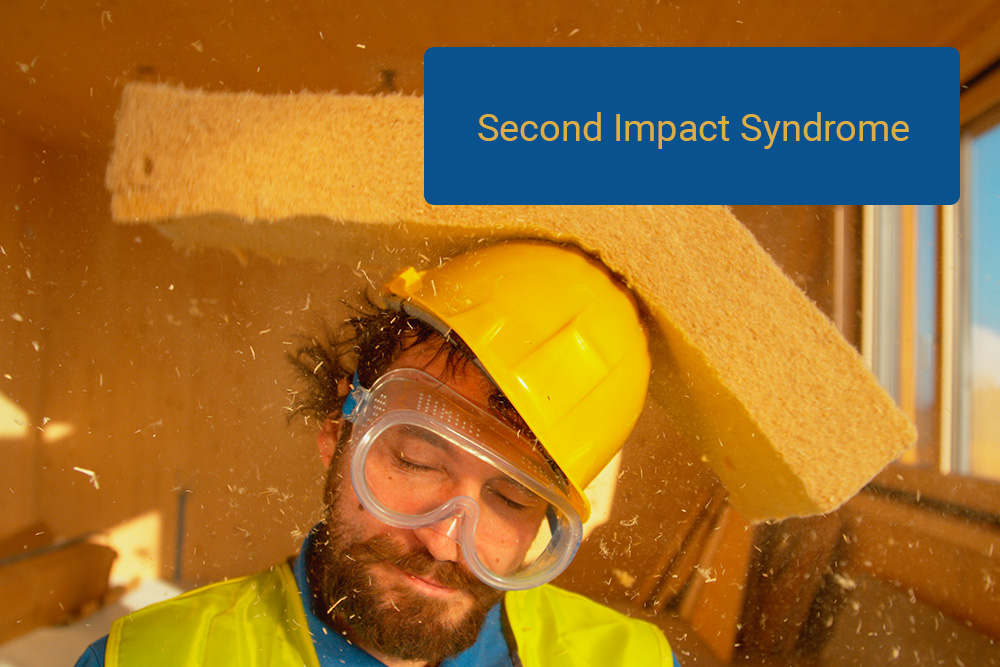
An accident that causes a concussion or other head trauma is riskier for a person who previously suffered a TBI. Even if this second injury appears mild, it is likely to cause more damage than a first injury.
TBI Symptoms
Unless you’re immediately impaired or suffer a penetrating brain injury, TBI symptoms can sneak up on you in the hours or days following an accident.
For this reason, it is vital to be vigilant for any of these symptoms:
- Sensitivity to noise or light
- Ear ringing
- Temporary loss of consciousness
- Blank stare
- Headache
- Dizziness
- Nausea or vomiting
- Loss of balance
- Confusion and memory lapses
- Abnormal sleepiness
Even if a doctor has checked you after an accident, go back for more tests if these symptoms appear. You could face more severe consequences of your accident than you initially thought. The additional medical evidence will help you document your losses for a Nevada personal injury claim.
Long-Term Effects of Brain Damage
Not all TBIs heal completely, some damage cannot be undone, and victims must live with long-term symptoms. These often translate into disabilities that undermine their ability to be employed or maintain personal relationships.
Long-term brain injury problems:
- Speech impairment
- Memory loss
- Cognitive problems
- Fatigue
- Depression and anxiety
- Mood swings
- Excessive anger
When You Should Talk to a Nevada Injury Lawyer
You should seek out the services of a brain injury attorney when:
- The fault for the accident is disputed.
- Your TBI is scored at anything other than mild.
- You are facing temporary or long-term disability.
Injury attorneys in Nevada can play an essential role in securing a settlement capable of covering your extensive medical, rehabilitation, or long-term care bills.
What Legal Representation Could Do for You
A Nevada injury lawyer manages interactions with complex insurance and legal bureaucracies that are frustrating for almost anyone, especially someone with reduced function due to TBI. At Lach Injury Law, we could accurately value your losses, identify all insurance coverage, and handle adversarial negotiations with insurers. We are fully capable of going to court on your behalf when necessary. Contact us for a free consultation today.
